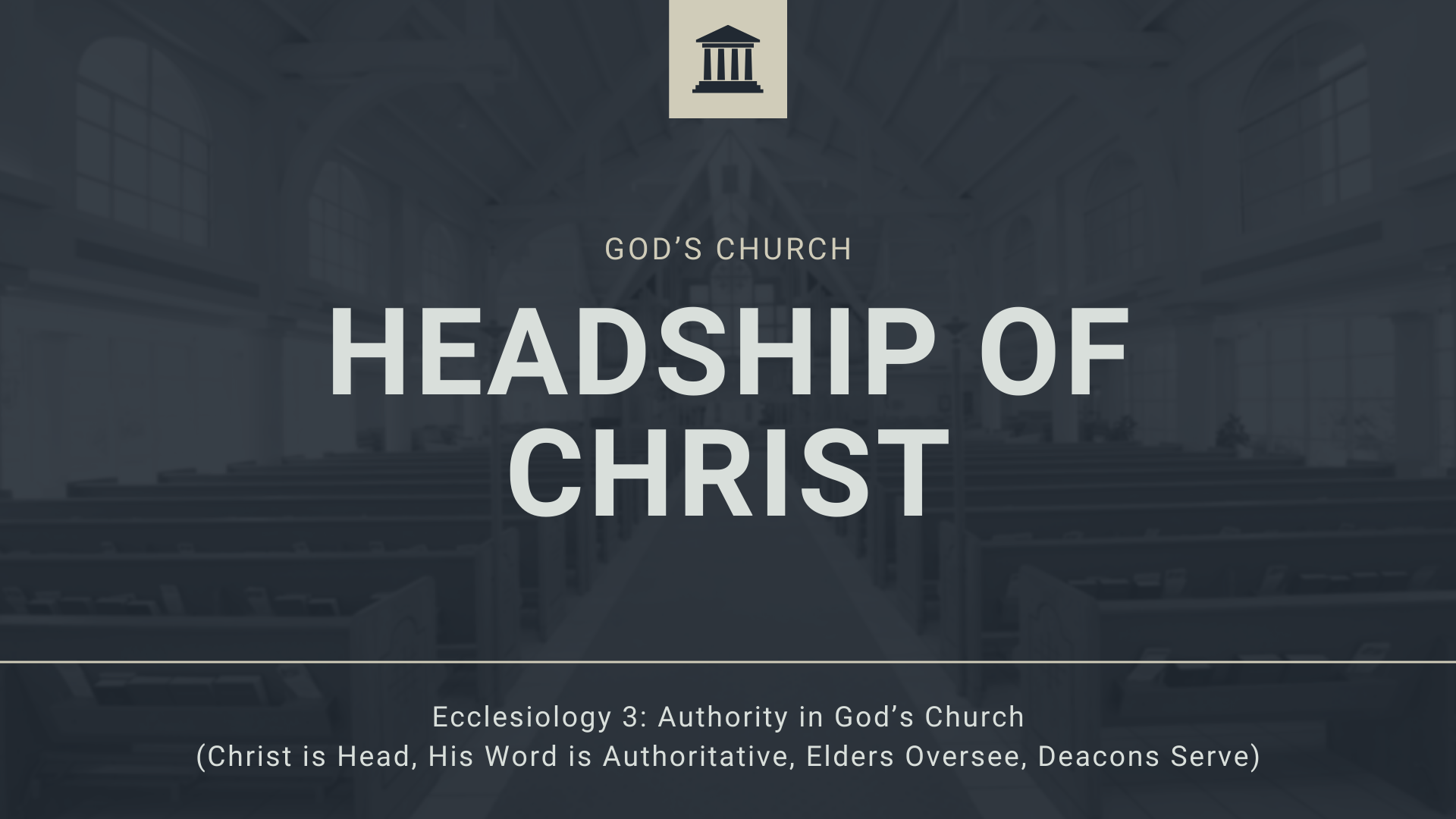The topic of Church Discipline often makes people uncomfortable at first. Most Americans have grown up in a version of Evangelicalism that sees “niceness” as an essential of the faith. Subsequently, few Christians have seen faithful church discipline applied. Either they have been a part of a body of believers that was functionally antinomian (anti-law), allowing even the most egregious sins to continue without confrontation. Here is the thing: Every Church disciplines; it is a matter of who they discipline. When a man leaves his family, refuses to repent, but is allowed to continue in fellowship with impunity, the church is effectively disciplining his wife and children out of the church. When an abuser continues to harm and the church leaders claim that it is better that he be in the church than not in the church, his victims are left unprotected. So it is with false teaching, gossip, sexual immorality, and the like. Faithful discipline is critical for the protection of the saints.
However, it is not just individuals that are at risk. 1 John gives us a detailed overview of the deep fellowship (koinonia) that is to be at the center of the Body of Christ. It is this love for one another that is to be the mark of Jesus’ disciples (John 13:35). We tend to think of church discipline in negative terms, but it is helpful to remember that Church discipline is not merely about punishment, it is about cultivating and protecting fellowship. The fellowship we share is not just with one another, it is with God (1 John 1:1-9). In this sermon, Pastor Daniel will talk about biblical fellowship from 1 John 1 before addressing the critical issue of church discipline.







